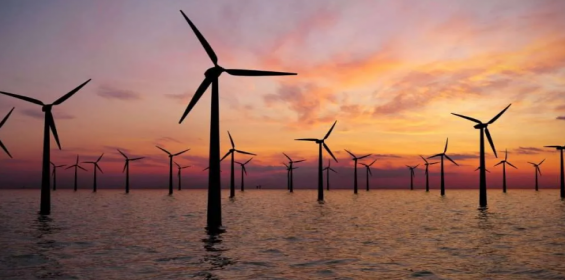University of Surrey’s triple contribution towards net zero
Published: 18 July, 2023
The University of Surrey’s triple contribution towards net zero includes three new national energy research centres which will boost knowledge, create innovative green technologies and reduce demand for energy to achieve greener, cleaner domestic, industrial and transport energy systems.
Academics at Surrey will help fairly reduce the energy used in the UK, develop hydrogen and ammonia as alternative fuels, and boost bioenergy production.
Professor Jin Xuan, Associate Dean (Research and Innovation) in the Faculty of Engineering and Physical Sciences, said:
“There’s no single route to net zero so at the University of Surrey we’re involved with a wide range of interdisciplinary projects to find a portfolio of sustainable solutions. This latest funding shows we’re at the forefront of creating a sustainable future for everyone.”
UK Research and Innovation (UKRI) has announced a £53 million investment in six research centres which will lead innovation towards a fully sustainable energy sector. Surrey is involved with half of them:
A new national Energy Demand Research Centre. Reducing energy use could help meet half of the required reductions we need to reach net zero emissions by 2050 and the University of Surrey is helping ensure that disadvantaged people aren’t left behind as the UK’s energy demands are reduced. The project is being led by Dr Lirong Liu who will use AI to create models to help communities make scientifically informed decisions.
The Hub for Research Challenges in Hydrogen and Alternative Liquid Fuels, known as the UK-HyRES Hydrogen Hub. Dr Qiong Cai, a research leader in sustainable energy and materials, is working with industrial and academic partners to identify how we can decarbonise transportation and heavy industry by using green hydrogen and hydrogen-based, low-carbon liquid fuels, such as ammonia.
The Supergen Bioenergy Hub. Surrey’s Dr Michael Short, one of the technical project leads, will work on the rapid digitalisation of bioenergy, creating a collection of open-source models for enhanced decision-making across the biowaste sector. This will be informed by his work using artificial intelligence to boost biogas production in anaerobic digestors.
Professor Dame Ottoline Leyser, Chief Executive of UKRI, said: “The government has set a target of reaching net zero emissions by 2050, requiring rapid decarbonisation of our energy systems. UKRI is leveraging its ability to work across disciplines to support this ambition through a major portfolio of investments that will catalyse innovation and new green energy systems.”
“The funding announced today will support researchers and innovators to develop game changing ideas to improve domestic, industrial and transport energy systems.”
https://twitter.com/UniOfSurrey
https://www.linkedin.com/school/university-of-surrey/







